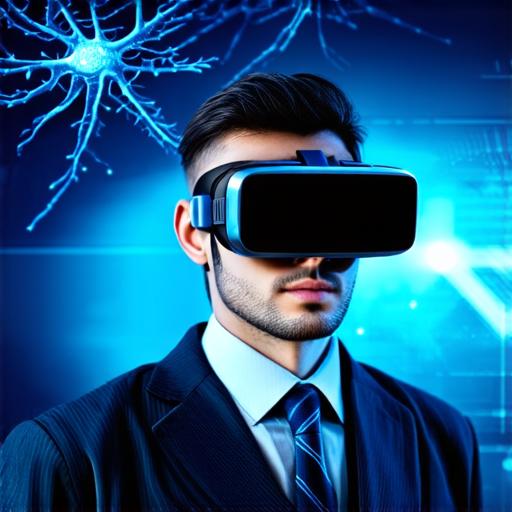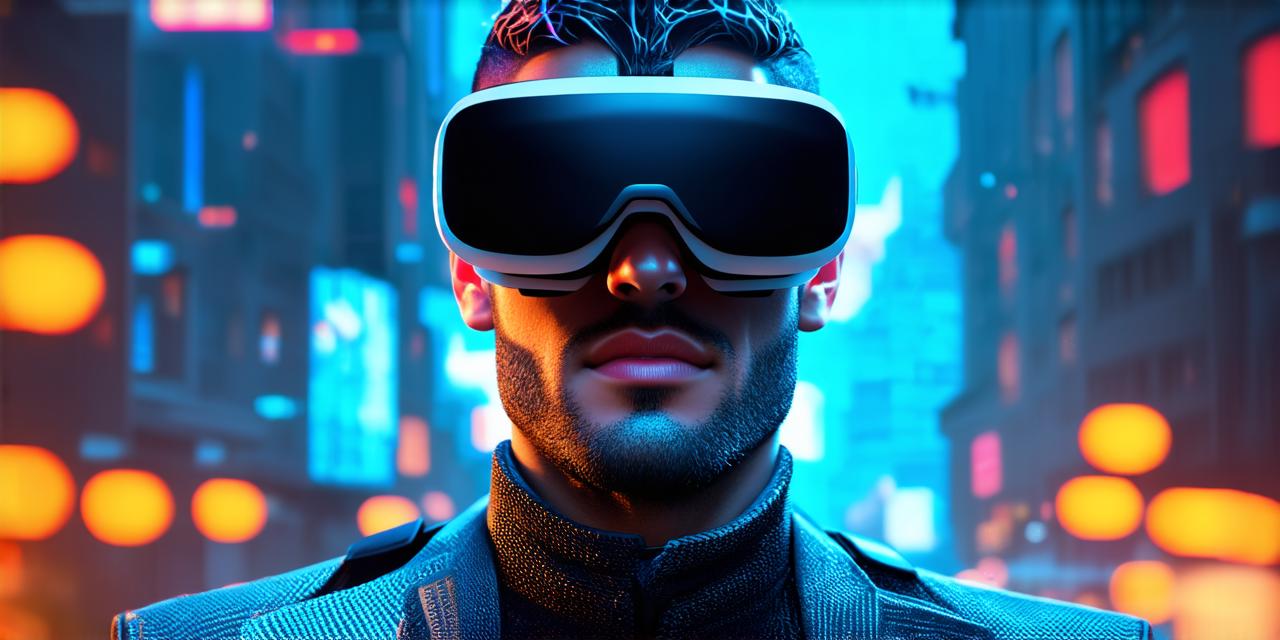In addition to enhancing memory retention and comprehension, VR also plays a significant role in fostering problem-solving skills. By immersing individuals in simulated environments, VR presents complex challenges that require critical thinking and strategic planning. For instance, a study conducted by Carnegie Mellon University found that students who used VR for problem-solving tasks demonstrated improved performance compared to those using traditional methods.
The Empathy Enhancer: VR’s Role in Emotional Intelligence
One of the most intriguing aspects of VR is its potential to develop empathy, a crucial component of emotional intelligence. By placing individuals in virtual scenarios that simulate real-life experiences, VR can help foster understanding and compassion. For example, a study at UC Berkeley found that participants who experienced a VR simulation of poverty demonstrated increased empathy towards the homeless population.
The Neurological Navigator: Understanding Brain Activity
To better understand how VR affects brain activity, researchers are using neuroimaging techniques to monitor brain waves and neural activity during VR experiences. These studies have revealed that VR can stimulate areas of the brain associated with spatial navigation, memory formation, and emotional processing. This knowledge can help refine VR applications to maximize their cognitive benefits.
The Brain’s New Horizon: The Potential of VR in Therapy
In the field of therapy, VR offers a promising avenue for treating various conditions such as PTSD, phobias, and autism. By creating customized virtual environments, therapists can help patients confront their fears or develop social skills in a controlled, safe setting. For instance, a study at Oxford University found that VR exposure therapy was effective in reducing symptoms of PTSD in military veterans.
FAQs:

Q: Can VR be used for physical rehabilitation?
A: Yes, VR is increasingly being used for physical rehabilitation, allowing patients to perform exercises in a controlled, virtual environment that can help them regain mobility and strength.
Q: Is there any risk of addiction with VR use?
A: Like any technology, there is a potential for overuse and addiction with VR. However, responsible usage guidelines and parental controls can help mitigate this risk.
In Summary
Virtual reality is not just reshaping the landscape of entertainment; it’s redefining our understanding of brain development and cognitive growth. As we continue to explore its potential, we open new doors for learning, problem-solving, empathy development, and therapeutic interventions. The future of VR beckons, inviting us to embark on a journey through the mind, where the boundaries between reality and imagination blur, and the potential for human growth is limitless.
